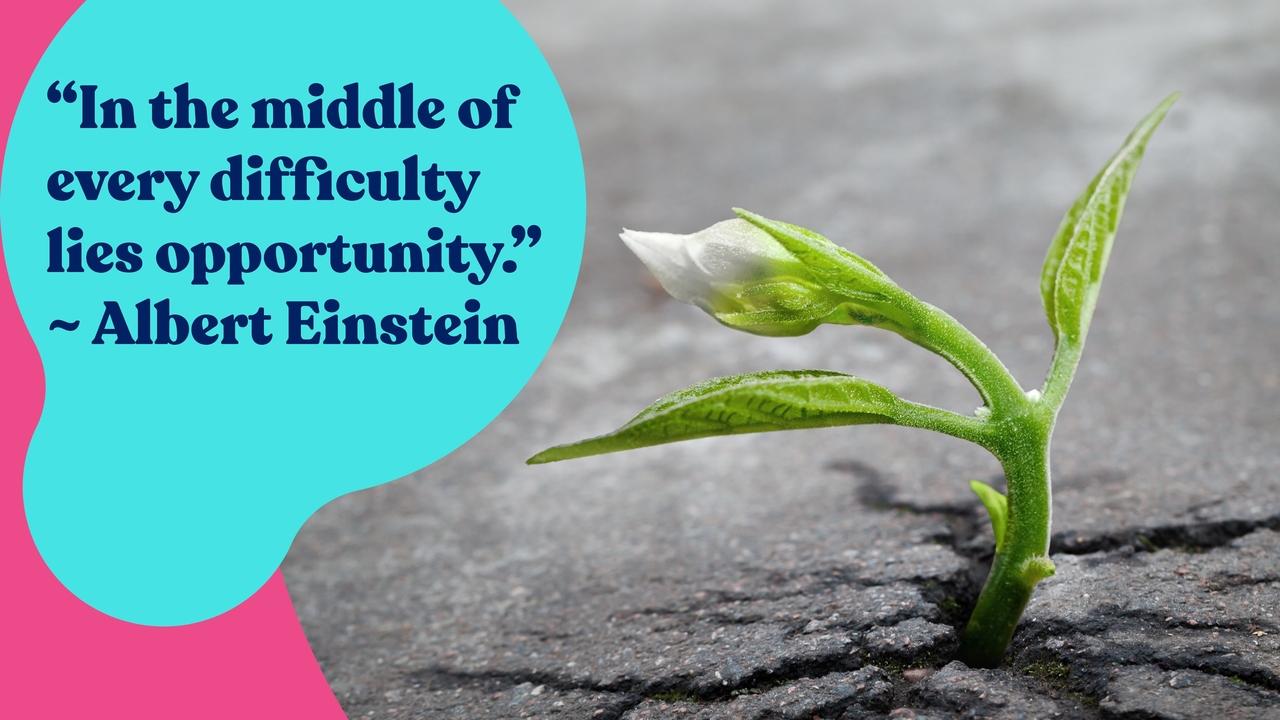The Sky Isn’t Falling: Part 1

There’s always an opportunity on the other side of a crisis, it all depends where you look. A fascinating research study landed on my desk recently from McCrindle/Cint[1], addressing How Australians are responding to COVID-19.
Here’s my interpretation of the data as it relates to changemakers who are considering partnering with corporates. All stats are from the McCrindle research unless otherwise stated.
Whilst COVID-19 completely blind-sided almost everyone (aside from those in epidemiology) Australians have emerged resilient, generous, and for the most part, hopeful.
Unemployment – and underemployment[2] - has increased during COVID-19 from 5.2% in March to 6.2% in April (the latest stats show unemployment at 7.4% in June [3]).
Healthwise, older Australians are more at risk from the virus impacting their health. But it’s younger Australians who have felt it most economically - in terms of job losses, financial impact and mental health.
This means that for non-profits working with young people, the demand on their services will increase. Use these statistics to galvanise your mature, more stable donors and to enrol corporates – after all, the young people of today are their customers of the future. The corporate sector doesn’t want young people unemployed, broke, homeless and therefore unable to spend. Make the stats relevant to your cause, thereby making them real for your donors and corporates.
Job losses are highest amongst the under 20’s (19%) and those aged 20-29 (12%). You might think ‘There’s no point approaching companies that are youth oriented.’ Indeed, it’s quite the opposite: those brands will need to support young people – and be seen to be supporting them.
In the big picture of things (and compared to previous global recessions) this is a relatively short-term crisis, and companies will want to emerge alive and kicking on the other side of it, ready to do business. Having a strong, trusted reputation, and a cause in their corner, will help them to resonate with - and win over - conscious consumers who want to make feel-good, do-good purchases.
Until things start to recover, it would be unwise to approach companies in the travel, tourism, accommodation, restaurant, hospitality, or arts sectors, as they have sadly been decimated. They’re fighting to stay alive, and are unlikely to appreciate an approach from a charity, even one offering tangible benefits.
Industries with high Jobkeeper uptake are construction (80%), admin and support services (79%) accommodation and food services (76%) plus education and training (72%). Only time will tell how many companies are using the government Jobkeeper payment to rebuild and transform their business, or if they are part of the ‘zombie business[4]’ brigade.
27% of Australians started working from home at the start of the pandemic, and 82% found this arrangement suited them – helping them to save time (getting ready and commuting) and 72% said they’ve saved money (travel and eating out). It’s easy to think that all Australians are cash strapped and won’t be spending (or donating) – however, the stats don’t support this.
22% Australians believe it will take them until the end of the year to personally recover financially. For those changemakers pitching to corporates in February, the New Year should see fresh levels of consumer optimism, which will flow onto business.
For organisations involved in nature, environment and heritage, there’s good news. 34% of Australians are spending more time in nature. They’re potentially more inclined to support charities that nurture the outdoors (and more likely to purchase from companies and brands that support those charities).
Part 2 (coming next week) will cover the shifting attitudes during COVID-19 and how it will shape the next generation.
The full McCrindle report can be downloaded here
Hailey Cavill-Jaspers
[1] How Australians are responding to COVID-19, McCrindle & CINT, June 2020 (representative sample of the Australian public, sample 1,000)
[2] Want more work than is available.
[3] ABS 16 July, ABS https://www.abs.gov.au/ausstats/[email protected]/lookup/6202.0Media%20Release1Jun%202020
[4] In the current context, Zombie companies are those that are only surviving due to Jobkeeper, and are likely to collapse once Jobkeeper ends.

